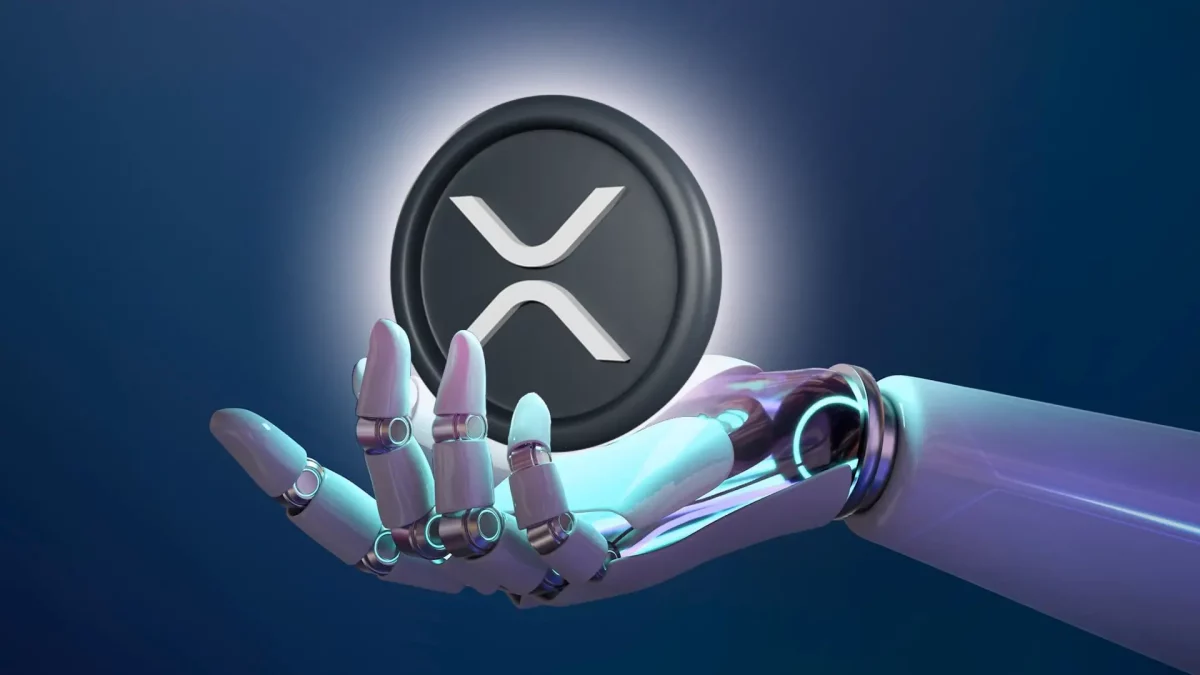XRP ETF Approval Moves Forward with CBOE Filing for Leading Asset Managers
07.02.2025 12:00 2 min. read Kosta Gushterov
The CBOE BZX Exchange has taken a significant step forward in the process of getting an XRP ETF approved by the US Securities and Exchange Commission (SEC).
The exchange has submitted 19b-4 filings for leading asset management firms, including Bitwise, Canary Capital, 21Shares, and WisdomTree, signaling progress toward launching these products.
This move, part of the regulatory procedure, follows the BZX Rule 14.11(e)(4), which outlines the requirements for listing such products on the exchange. With this filing, the SEC now has the opportunity to review and approve these proposed XRP ETFs. If the SEC acknowledges the filing, a 240-day approval countdown will commence, with market analysts expressing optimism about the outcome based on recent approvals, such as that of Grayscale’s related application.
In addition to XRP, other cryptocurrency ETFs are also gaining attention. The SEC has recently started reviewing a spot Litecoin ETF proposal from Canary Capital and is soliciting public feedback on Grayscale’s own Litecoin ETF application. Analysts anticipate that such approval could drive the price of Litecoin toward $50.
The SEC’s focus isn’t limited to just XRP and Litecoin; asset managers are also eyeing approval for ETFs tied to various altcoins, including Solana, Dogecoin, and even memecoins like TRUMP. However, analysts suggest that these proposals are testing the limits of what the SEC is willing to approve, especially in the face of ongoing regulatory scrutiny.
The momentum for crypto ETFs is fueled by the favorable climate under the current US administration, which has been more open to digital asset innovation. The recent appointment of Mark Uyeda, a crypto-friendly Republican, as SEC Chair has led to the establishment of a dedicated crypto task force aimed at shaping the sector’s future. Despite this, the approval of crypto ETFs remains uncertain, with the SEC still weighing the implications of these offerings.
-
1
Most Trending Cryptocurrencies on CoinGecko After Bitcoin’s New ATH
11.07.2025 19:00 2 min. read -
2
Altcoin Supercycle? Analysts Signal ‘Banana Zone 2.0’ as Market Erupts
13.07.2025 19:00 2 min. read -
3
XRP Hits All-time High Amid Regulatory Breakthrough and Whale Surge
18.07.2025 11:14 2 min. read -
4
Ethereum Tops $3,285 for First Time Since January
17.07.2025 7:00 1 min. read -
5
Trump’s Truth Social to Launch Utility Token for Subscribers
10.07.2025 18:30 1 min. read
Binance to Launch PlaysOut (PLAY) Trading on July 31 With Airdrop
Binance has officially announced the launch of PlaysOut (PLAY), a new token debuting on Binance Alpha, with trading scheduled to begin on July 31, 2025, at 08:00 UTC.
Cboe BZX Files for Injective-based ETF Alongside Solana Fund Proposal
The Cboe BZX Exchange has submitted a filing with the U.S. Securities and Exchange Commission (SEC) seeking approval for a new exchange-traded fund (ETF) that would track Injective’s native token (INJ).
Bernstein Warns Ethereum Treasuries Pose New Risks
Bernstein has flagged growing risks in Ethereum’s corporate adoption trend, cautioning that the rise of “ETH treasuries” could reshape the network’s supply and risk dynamics.
Interactive Brokers Weighs Stablecoin Launch
Interactive Brokers, one of the world’s largest online brokerage platforms, is exploring the possibility of issuing its own stablecoin, signaling a potential expansion into blockchain-driven financial infrastructure as U.S. crypto regulation begins to ease.
-
1
Most Trending Cryptocurrencies on CoinGecko After Bitcoin’s New ATH
11.07.2025 19:00 2 min. read -
2
Altcoin Supercycle? Analysts Signal ‘Banana Zone 2.0’ as Market Erupts
13.07.2025 19:00 2 min. read -
3
XRP Hits All-time High Amid Regulatory Breakthrough and Whale Surge
18.07.2025 11:14 2 min. read -
4
Ethereum Tops $3,285 for First Time Since January
17.07.2025 7:00 1 min. read -
5
Trump’s Truth Social to Launch Utility Token for Subscribers
10.07.2025 18:30 1 min. read


